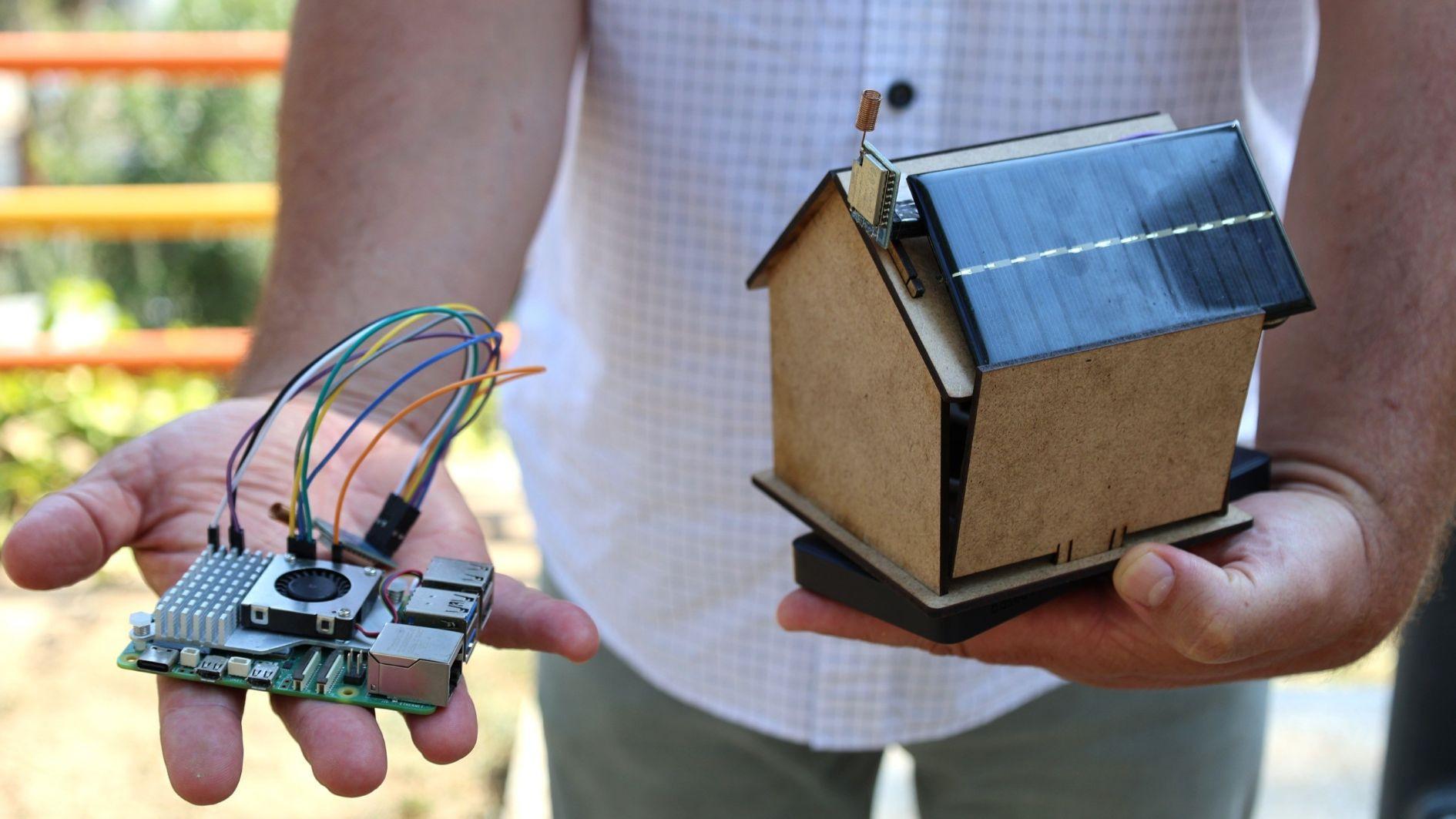
A university in the western province of İzmir has launched an innovative project designed to help prevent forest fires through the installation of smart sensors placed inside birdhouses, as Türkiye has been battling massive blazes in its green zones this summer.
The project, finalized after six months of research, will see sensors deployed across different sections of the forest to instantly measure temperature, humidity, smoke and sudden heat fluctuations.
The data will be transmitted to an artificial intelligence–powered monitoring center, enabling potential fire outbreaks to be detected within seconds.
The initiative was developed by İzmir University of Economics’ disaster management center director Prof. Dr. Gökhan Kılıç and mechatronics engineering student Tahsin Can Koçum.
With the system in place, firefighting teams will be able to respond swiftly without losing critical time.
The pilot phase is set to be implemented in İzmir’s Balçova district, and thanks to its low cost, the project is expected to provide a scalable model for safeguarding forests.
Each sensor carries a price tag of approximately 1,200 Turkish Liras ($29). It is estimated that just 40 sensors will suffice to monitor the 18-hectare Balçova Forest, meaning round-the-clock surveillance could be maintained for as little as 48,000 liras.
Türkiye has 23.2 million hectares of forested land, including 431,000 hectares in İzmir alone, Kılıç reminded, adding that the technology could serve not only in fire prevention but also in the continuous monitoring of ecosystems.
The sensors will run on solar panels and small batteries, the expert said, adding that a single base station can control up to 10,000 sensors.
“During the day, the solar panel will operate while charging the battery, which then powers the system at night. Even with minimal sunlight, a single sensor can function for 45 days non-stop,” Kılıç explained.
Citing rising temperatures, climate change and the surge in wildfires as the key motivations behind the project, Kılıç stressed its urgency.
This summer, Türkiye endured one of the hottest seasons on record, while forest fires — some lasting for days and prompting mass evacuations — swept across large parts of the country.